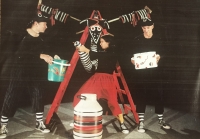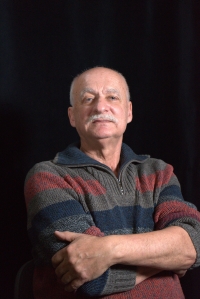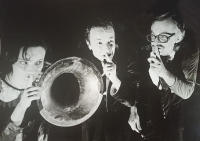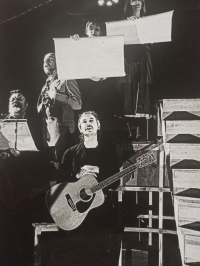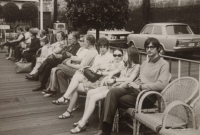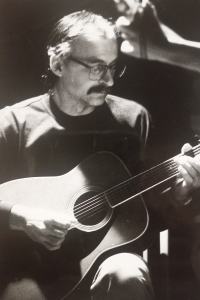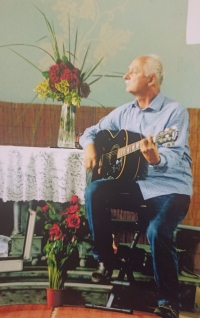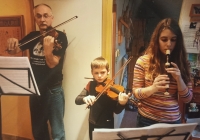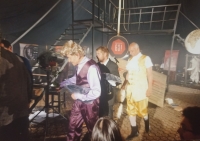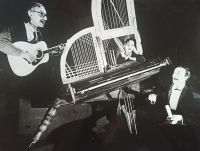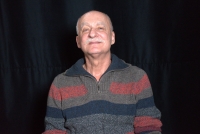The Dragon Theatre is never going anywhere ever again!

Download image
Pavel Černík was born on 10 July 1950 in Tábor into a religious family of a nurse and a bookseller. His roots, however, go back to Wallachia, where his natural musical sensitivity comes from. Both parents were emotionally affected at the end of the war. His father was threatened with death by the Gestapo, and his mother witnessed the inhumane treatment of Germans by Soviet soldiers. Pavel Černík’s childhood was influenced on the one hand by the family’s evangelical faith and on the other by the communist propaganda of the 1950s in primary school. Although he graduated from a mechanical engineering school, Pavel Černík was drawn to music and art since childhood, learning the violin and later the guitar on his own. After compulsory military service, he applied for a job as a technician at the Dragon Theatre in Hradec Králové, where his sister Jana played. He has worked continuously in the theatre since 1975 in various positions for almost fifty years. He experienced the glorious era of the theatre during the creative trio Krofta - Vyšohlíd - Matásek and travelled with the acting troupe every year to Western countries during the normalisation period. He witnessed several conflicts between the communist regime and the dramaturgy and direction of the theatre, as well as the efforts of the whole troupe to do exceptional theatre work despite the regime. He devoted his entire life to music and theatre, and today, his two children follow in his footsteps.
